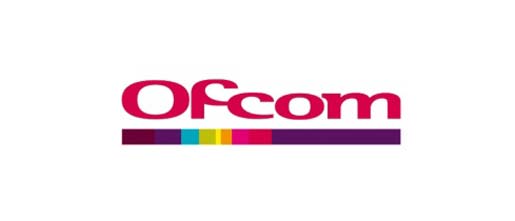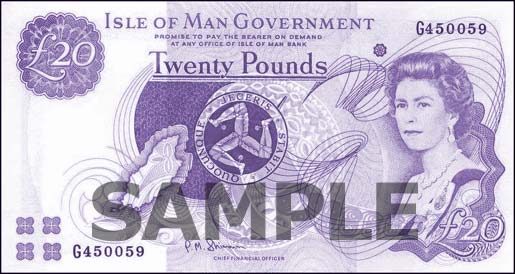From March 2014 detected illegal downloaders will start receiving letters from ISPs letting them know they are suspected of copyright infringement. This action is part of a draft obligations code in the Digital Economy Act (DEA) just published by Ofcom.

The code requires that UK ISPs with more than 400,000 subscribers (BT, O2, Sky, Virgin, TalkTalk and Everything Everywhere) must take action in response to copyright infringement reports by sending notification letters to accused customers. However the ISP is not required to do the detective work to find these illegal downloaders. Web users with three accusations within a period of a year may have their anonymous details sent to copyright holders who in turn can apply for a court order to reveal the identity of the suspected digital thief. The suspected infringer cannot be sent letters more frequently than once a month.
Costs £20 to appeal a letter
The accused will be able to appeal against a copyright infringement letter at a cost of £20. However the fee will be refunded if the appeal is successful. The copyright holders will have to pay 75 per cent of the costs to set up and run an appeals body for accused downloaders, the ISPs will foot the bill for the other 25 per cent.
This three strikes letter system was supposed to come in to action during 2011 but a judicial review delayed the process. Only in April this year did the BT and TalkTalk legal challenge to the DEA implementation end when Justice Parker overruled their objections saying the new system would be more fair than the current arrangements.

Further measures
If, after a year, the warning letters have proved to be ineffectual the DEA has outlined some further measures with which it aims to reduce piracy levels more dramatically. The methods that may be implemented include; internet access throttling, blocking online access or suspending user ISP accounts.
Digital content industry representatives are keen to get the scheme started. Consumer rights groups meanwhile warn about internet users having to pay a fee to clear their name and how public Wi-Fi points in bars, hotels and libraries etc may be vulnerable to sanctions. Overall it looks like the naughtiest internet users might have to hide more carefully.













